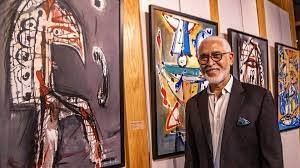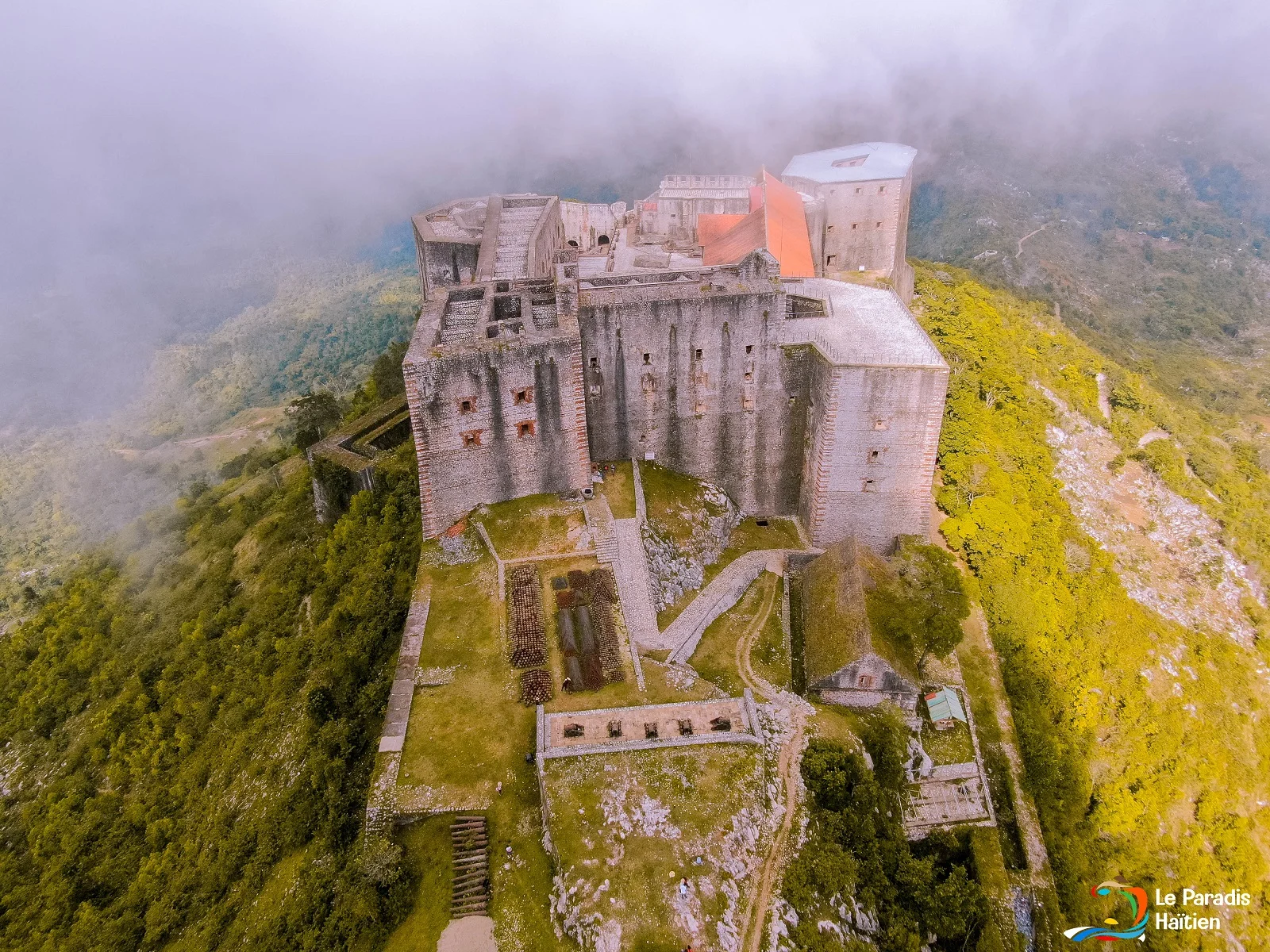False Rumor of Animal Consumption by Haitians in Ohio
Since the beginning of the week, an unfounded rumor has been circulating in the United States, particularly in the state of Ohio, accusing Haitians in the diaspora of killing and consuming pets, as well as ducks in public ponds. These allegations, widely relayed by certain public and political figures, have been formally denied by local authorities and the police in Springfield, the city where these alleged events allegedly took place. Despite these denials, the rumor continues to thrive, fueling stigmatization against Haitian migrants.
Local Authorities Clarify
According to the mayor of Springfield, the story of a cat being killed and eaten that fueled this rumor does not actually originate from his city. He clarified that it actually involved a mentally ill African-American woman who was arrested last month for animal cruelty. The mayor also confirmed that no incidents involving immigrants in illegal activities have been verified in Springfield. These clarifications make the misinformation surrounding this case even more blatant and underscore the fallacious nature of the accusations targeting the Haitian community.
The Haitian government’s response
The Haitian government, through the Ministry of Haitians Living Abroad (MHAVE), reacted vigorously to this disinformation campaign. In a statement published on September 10, 2024, the MHAVE expressed its indignation and concern over these remarks described as “discriminatory” and “dehumanizing.” The ministry, headed by Ms. Dominique Dupuy, was keen to emphasize the risks that such accusations could pose to the safety and dignity of Haitians living in the United States, particularly in Springfield, Ohio, where the Haitian community is targeted.
In this statement, available on their X account (formerly Twitter), the MHAVE recalled that this stigmatization was not a new phenomenon, Haitians being regularly victims of smear campaigns for political reasons. This time again, the Haitian community is being attacked to serve electoral interests, a few months before the American presidential elections.
Solidarity of the Haitian Government
Minister Dominique Dupuy brought together on Tuesday, September 10, 2024, more than fifty community and religious leaders, as well as representatives of organizations working in the United States, to discuss the situation. Also among the participants was Dr. Nikita Séjour, Advisor to the Haitian Prime Minister. The objective of this virtual meeting was twofold: to demonstrate the solidarity of the Haitian government with its nationals and to define appropriate responses to these attacks.
We want not only to express our solidarity, but also to send a clear signal of refusal. We firmly reject these remarks that undermine the dignity of our compatriots and that could endanger their lives
, declared Dominique Dupuy.
The ministry is currently working in collaboration with diaspora organizations to explore strategies to allow victims of intimidation or discrimination to obtain adequate protection. MHAVE also encourages legal initiatives taken by associations defending the rights of Haitian migrants.
A false rumor amplified by influential figures
Although the Springfield police, local authorities, and even the city’s mayor have all denied the existence of such acts, the rumor has taken on national proportions. The Republican presidential candidate even mentioned these accusations during a televised debate against his Democratic rival Kamala Harris on Tuesday evening, in front of millions of viewers.
Before him, the owner of the social network X, Elon Musk, had also played an important role in spreading this false information. Musk, followed by millions of users, gave a sounding board to these unfounded theories, which have spread like wildfire in a country where more than two-thirds of households own a pet.
The Haitian government, through its diplomatic and consular missions, has promised to strengthen its support for the diaspora by deploying a support and protection system. The priority is to combat this disinformation campaign that not only tarnishes the image of Haitians in the United States, but could also have dramatic consequences for their security.
Baseless Accusations
These baseless accusations targeting the Haitian community in Springfield, Ohio, reveal once again the extent of misinformation and xenophobia that can manifest in tense electoral contexts. MHAVE, in collaboration with diaspora organizations, remains committed to protecting the dignity and safety of Haitians living abroad, while firmly rejecting the discriminatory and defamatory remarks propagated against them.
















































































